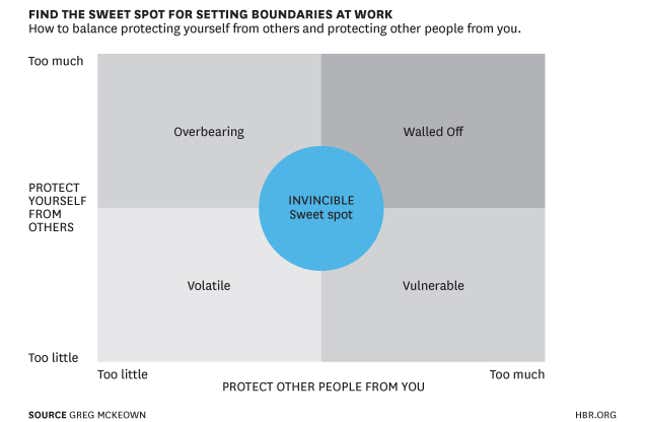The Key to Greater Work Happiness Is Taking and Giving Less Shit
Latest

The hardest part about any office job is probably not the job — it’s the people, AKA dealing with other personalities so fundamentally different, irritating, and mismatched that it’s a wonder any work gets done at all. But what if you only needed to adjust two things to be happier at work?
At this point, when we think about what makes work environments effective and happy, we probably think about “cultural fit.” It’s no longer enough to be simply skilled or educated or experienced. This is startup full of edgy craft beer drinkers who volunteer at animal shelters while Tweeting — we must find a hip pop-culture lover who breathes social media and takes in stray dogs! Although from personal experience I suggest you run quickly from any place that considers itself edgy, I understand why cultural fit is such a thing. The appeal is simple: Because you have the same personality, disposition and background of everyone at the place you’re working, everyone will be more productive, on point, and ensured a more harmonious work life.
But it is kind of a unicorn of harmony, because since when is that the norm? For one, maybe everyone should not be the same at a job, because where will new ideas come from? Two, a person’s cultural fit is difficult to truly determine (and is often used to discriminate
, too). And for three, even the most culturally aligned coworker who seemingly shares all the values of the company can be a terrible pain in your ass, amirite? If you’ve ever had this experience with the good-on-paper coworker, you may find yourself wishing you worked with a complete tool, someone who loved Dave Matthews and Rush Limbaugh, if they would just get their shit done right.
That is why this Harvard Business Review piece by Greg McKeown discussing the emotional boundaries that are essential to a happy working life struck me as pretty brilliant:
-

-

-

-

-

-

-

-

-

-

-

-

-

-

-

-

-

-

-

-

-

-

-

-

-

-

-

-

-

-

-

-

-

-

-

-

-

-

-

-









































